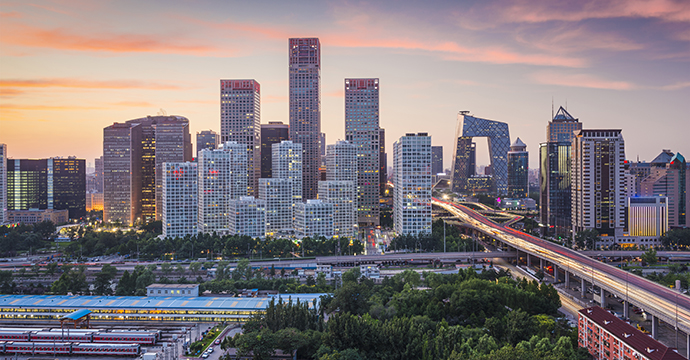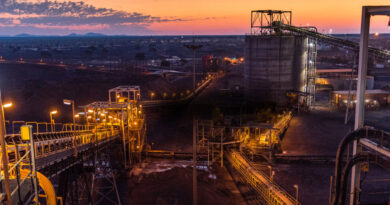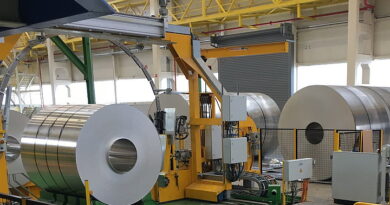A healthy economy needs a healthy steel industry
Steel is everywhere in our lives for a reason. Steel is a great collaborator, working together with all other materials to advance growth and development. Steel is the foundation of the last 100 years of progress. Steel will be equally fundamental to meeting the challenges of the next 100.
Key facts:
- The average world steel use per capita has steadily increased from 150kg in 2001 to around 230kg in 2019, making the world more prosperous.
- Steel is used in every important industry; energy, construction, automotive and transportation, infrastructure, packaging and machinery.
- By 2050, steel use is projected to increase by around 20% compared to present levels in order to meet the needs of our growing population.
- Skyscrapers are made possible by steel. The housing and construction sector is the largest consumer of steel today, using more than 50% of steel produced.
The steel industry does not compromise on environmental responsibility. Steel is the world’s most recycled material and 100% recyclable. Steel is timeless. We have improved steel production technology to the point where only the limits of science confine our ability to improve. We need a new approach to push these boundaries. As the world looks for solutions to its environmental challenges, all of these depend on steel.
Key facts:
- Around 90% of water used in the steel industry is cleaned, cooled and returned to source. Most of the loss is due to evaporation. Water returned to rivers and other sources is often cleaner than when extracted.
- The energy used to produce a tonne of steel has been reduced by 61% in the last 50 years.
- Steel is the most recycled material in the world, with around 630 mega tonnes recycled annually.
- In 2017, The recovery and use of steel industry by-products has reached a worldwide material efficiency rate of 96.3%.
- Steel is the main material used in delivering renewable energy: solar, tidal, geothermal and wind.
Steel products are vital to meet society’s needs, and for producers of steel, it is their role to meet the demand for steel in a responsible way.
With companies all across the world, the global steel industry face a broad range of challenges and they are increasingly committed to taking action, individually and together as an industry, to address them.
By regularly conducting materiality assessments, the steel companies are able to identify the areas that matter most to the industry and their stakeholders. Latest assessment has enabled the industry to identify seven priority focus areas in terms of sustainability. They include:
- air quality,
- co-products,
- climate change,
- product applications,
- supply chain,
- recycling and
- water.
To advance the steel industry towards responsible sourcing and product supply chains, as set out by the OECD Guidance for Responsible Business Conduct, the steel industry have mapped the environmental, social and governance (ESG) characteristics of the steel industry supply chain with the aim of understanding and mitigating all potential adverse impacts.
In a changing society in which the circular economy is crucial for preserving natural resources, steel is fundamental to the circular economy. Not only can steel products be reused and remanufactured, but steel is also a permanent material, which can be recycled over and over again without losing its properties.




